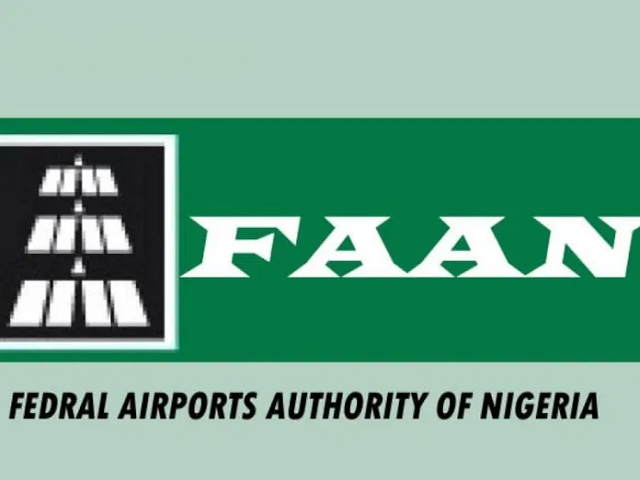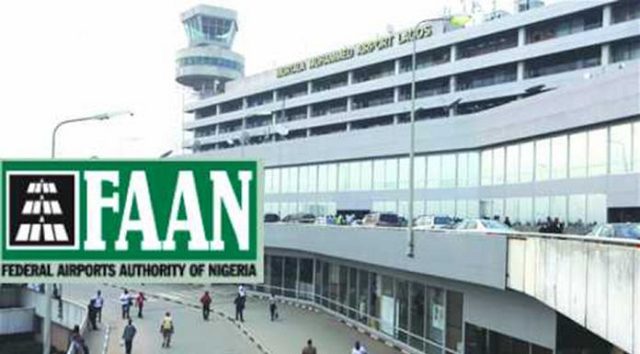Following the coup by the military in Niger Republic, there have been reported of instability and its airspace has been closed indefinitely.
Niger Republic’s military authorities declared the country’s airspace closed on Sunday, warning that any attempt to violate it would result in a “energetic and immediate response.”
“Faced with the threat of intervention, which is becoming clearer through the preparation of neighbouring countries, Niger’s airspace is closed from this day on Sunday… for all aircraft until further notice,” the country’s new rulers said in a statement.
The statement came as the West African organization Economic Community of West African States (ECOWAS) deadline to return power to democratically elected President Mohamed Bazoum approached.
How it impacts international flights
Flightradar24 reports that “flights already in the air when the airspace closed were rerouted or diverted.”
Niger Republic issued a Notice To Air Missions (NOTAM) “A0990/23 NOTAMN Q) DRRR/QARLC/IV/NBO/E/000/999/1650N00239E999 A) DRRR B) 2308062222 C) 2308072359 EST E) THE NIGER REPUBLIC AIRSAPCE FROM GROUND TO ILL, INCLUDING ALL ATS ROUTES, IS CLOSED FOR ALL FLIGHTS.”
With Niger’s airspace closed, airlines must now reroute their flights, adding over 1000 kilometers or more to their travels. This extension of flight patterns brings with it a slew of repercussions for airlines and passengers alike.
First and foremost, the greater distance means that each flight consumes more fuel. Airlines will need to carry more fuel as they travel greater distances, resulting in higher operational costs. These additional costs may be passed on to passengers in the form of higher ticket prices.
Experts have predicted that the price of tickets would begin to increase thereby putting a strain on passengers.
Furthermore, the longer flight time presents logistical and passenger comfort problems. Longer flights require longer time in the air, which can be exhausting for passengers and have an impact on the whole flying experience. Delays caused by increased travel durations may also interrupt aircraft schedules, causing passengers to be inconvenienced.
The restriction of Niger’s airspace needs a rethinking of flight planning and scheduling for airlines operating long-haul flights. This could result in changes to flight frequency and availability, thereby lowering the number of options for customers and making it more difficult to secure desired flight times.
In line with the closure of the airspace, Air France has suspended flights to and from Bamako in Mali and Ouagadougou in Burkina Faso.
“Following the Coup in Niger and due to the geopolitical situation in the Sahel region, Air France has had to adapt its flight schedule to Niamey (Niger), Bamako (Mali), and Ouagadougou (Burkina Faso).
“In liaison with the French authorities, Air France is constantly monitoring developments in the geopolitical situation in the areas served and overflown by its aircraft and reiterates that the safety of its customers and crews is its top priority.”
The suspension is to last till August 11, 2023.
The closure of Niger Republic’s airspace impacts the aviation industry and even travelers. It sends shockwaves throughout the aviation industry, resulting in longer travel itineraries and substantial hurdles for airlines flying between Europe and southern Africa.
Flightradar24 calculated the additional routes flights would have to take:















